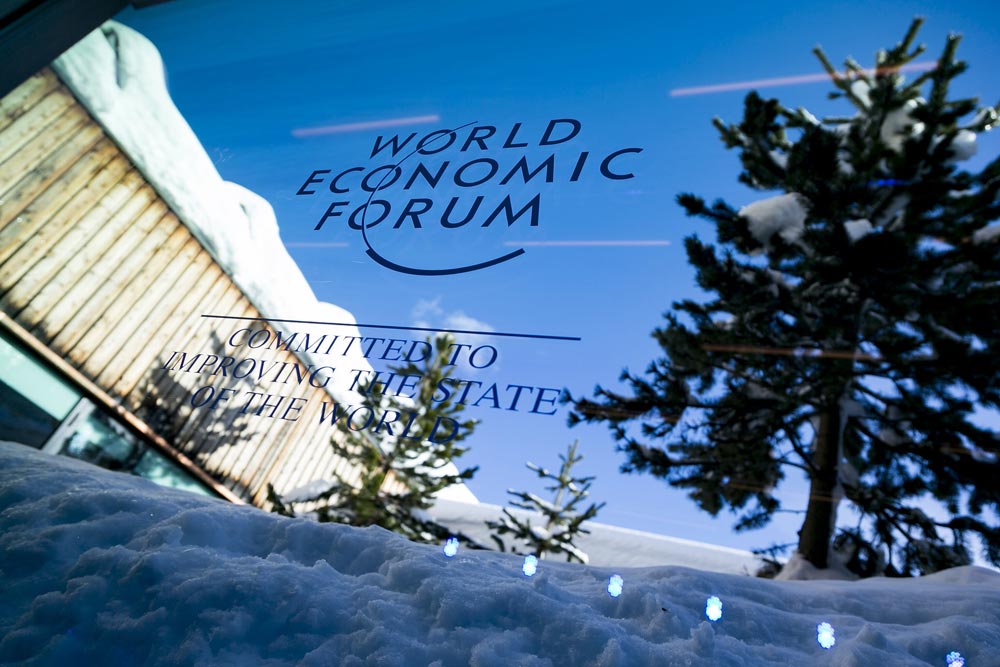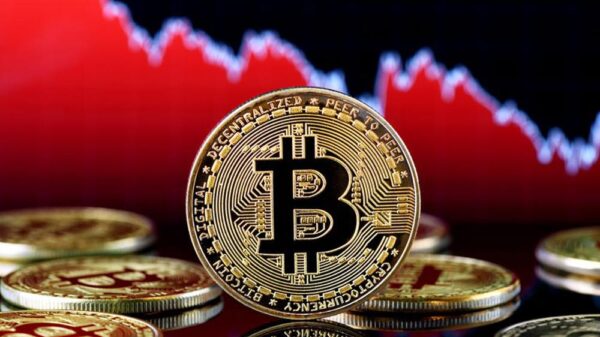European markets opened mixed on Tuesday as investors evaluated the early policies of newly inaugurated U.S. President Donald Trump during his second term. With global attention split between Trump’s executive actions and the ongoing World Economic Forum in Davos, Switzerland, the economic and geopolitical landscape is poised for significant shifts.
Market Performance
European stocks displayed a mixed performance in early trading. While the pan-European Stoxx 600 opened flat, Germany’s DAX saw a slight decline despite previously touching record highs. The U.K.’s FTSE 100 edged up by 0.05%, while France’s CAC 40 and Italy’s FTSE MIB registered negative territory in early trading.
Key market movements included:
- Germany’s DAX: Up 4 points to 21,004 but later fell slightly.
- U.K.’s FTSE 100: Up 10 points to 8,531.
- France’s CAC 40: Up 7 points to 7,740 but experienced early losses.
- Italy’s FTSE MIB: Up 44 points to 36,326.
A notable market development was the sharp 15% drop in shares of Danish energy firm Orsted, following the announcement of a $1.7 billion impairment related to its U.S. offshore wind turbine projects.
Meanwhile, European automakers like Stellantis and BMW also suffered declines amid concerns over potential U.S. tariffs, with Trump hinting at a 25% tariff on imports from Mexico and Canada as early as February.
Trump’s Impact
Trump’s inauguration as the 47th President of the United States has introduced fresh uncertainty into global markets. On his first day in office, Trump signed several executive orders, signaling a continuation of his protectionist trade policies. Investors are now closely monitoring the implications for European exports, particularly in the automotive and manufacturing sectors.
The potential tariffs on Mexico and Canada could disrupt supply chains, and further trade measures may target European industries. Analysts believe this could weigh on market sentiment across Europe in the coming weeks.
Davos in Focus
In Davos, the World Economic Forum has attracted global leaders and executives, though key figures such as the leaders of China, India, and some European nations are notably absent this year. Trump is expected to address the forum via videolink on Thursday, with markets anticipating his remarks on trade, tariffs, and international cooperation.
Tuesday’s Davos agenda includes keynote speeches from several high-profile leaders:
- Ursula von der Leyen, European Commission President, at 10:50 a.m. local time.
- Ding Xuexiang, China’s Vice Premier, at 11:20 a.m.
- German Chancellor Olaf Scholz, at 2:00 p.m.
- Ukrainian President Volodymyr Zelenskyy, at 2:30 p.m., likely focusing on Ukraine’s war with Russia and the potential for U.S. pressure to negotiate a ceasefire.
- South African President Cyril Ramaphosa, at 3:45 p.m.
The forum provides a critical platform for discussions on global economic challenges, with particular attention to the ongoing war in Ukraine, climate change, and global trade policies.
U.K. Economic Data
In the U.K., fresh economic data released on Tuesday painted a mixed picture:
- Private sector wages rose by 6% in the three months to November compared to the previous year.
- Payroll figures for November fell by 0.1% compared to October, signaling potential weakness in the labor market.
These indicators create a complex backdrop for the Bank of England, with Lloyds Banking Group CEO Charlie Nunn predicting three interest rate cuts in 2025, aligning with market expectations.
Broader European Developments
Elsewhere in Europe, Austria’s Raiffeisen Bank International announced plans to set aside funds after a Russian court ruled against it in a €2 billion ($2.08 billion) case. This development highlights the ongoing challenges for European firms with exposure to Russia amidst the geopolitical tensions stemming from the war in Ukraine.
Outlook
As the week unfolds, European markets are expected to remain sensitive to developments in Davos and any additional policy announcements from the Trump administration. With no major earnings reports scheduled for Tuesday, attention will likely focus on macroeconomic data, including the U.K.’s unemployment rate for November and the ZEW indicator of European economic sentiment.
Global investors will continue to assess the impact of Trump’s policies on trade and tariffs, particularly their implications for European industries. At the same time, the discussions at Davos are expected to shape longer-term economic and geopolitical strategies.











